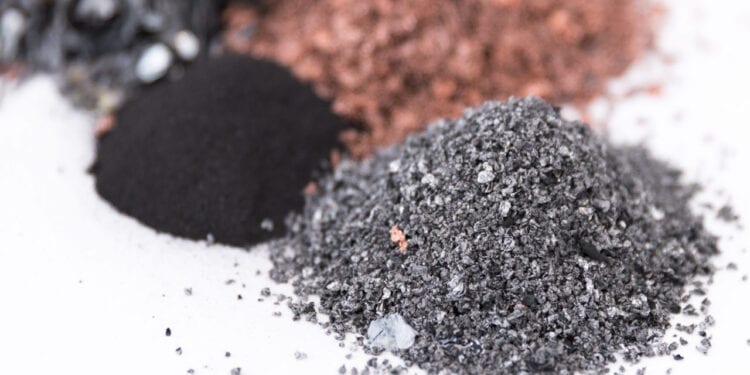Additional Material Expected For Company’s Battery Metals Plan
Lithium Australia NL (ASX: LIT) has welcomed plans by the nation’s Battery Stewardship Council (BSC) to establish and operate a national stewardship scheme for managing end- of-life (EOL) batteries.
The Scheme will impose a levy on batteries at their point of sale, with the funds generated used to subsidise their collection and recycling. Initially set at $0.04 per equivalent battery unit (‘EBU’) and applying to companies that import more than 1,000 EBU annually, it is estimated that the levy will raise A$22 million annually
The value imputed by the levy will provide a commercial incentive to divert batteries from landfill, a positive environmental outcome of the Scheme.
Lithium Australia Managing Director, Adrian Griffin, said the diversion of EOL batteries from landfill will provide more material for processing at the Melbourne, Victoria-based mixed-battery recycling facility of its Lithium Australia’s 90% owned subsidiary Envirostream Australia Pty Ltd.
Mr Griffin said the The BSC’s intention with the Scheme is to unite battery supply chain companies in efforts to significantly reduce the volume of toxic EOL batteries being disposed of as waste to landfill, and to maximise resource recovery by increasing collection and recycling rates and developing a domestic battery reprocessing capacity.
“As Australia’s only mixed battery recycler, company subsidiary Envirostream Australia is well placed to capitalise on the Scheme,” Mr Griffin said.
The levy on batteries will commoditise EOL batteries, currently considered waste material, and the value created will be a strong incentive to divert them from landfill.
“We are anticipating a significant increase in feed material for Envirostream, and the more it gets the greater the benefit for the environment.
“The scheme should encourage more sustainable use of critical materials used in the manufacture of batteries, reducing reliance on primary production which, in some cases, relies on child labour and supply from conflict zones.”












